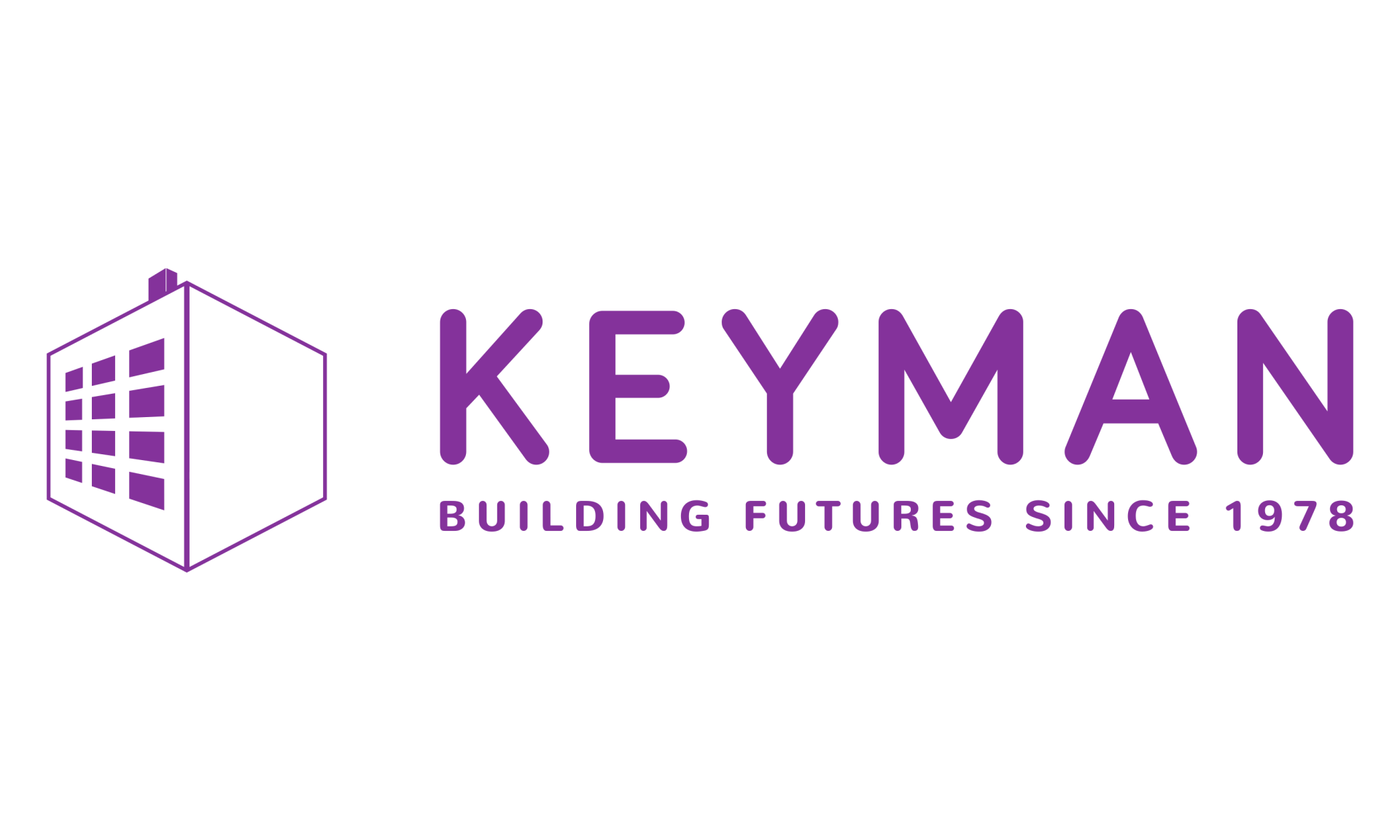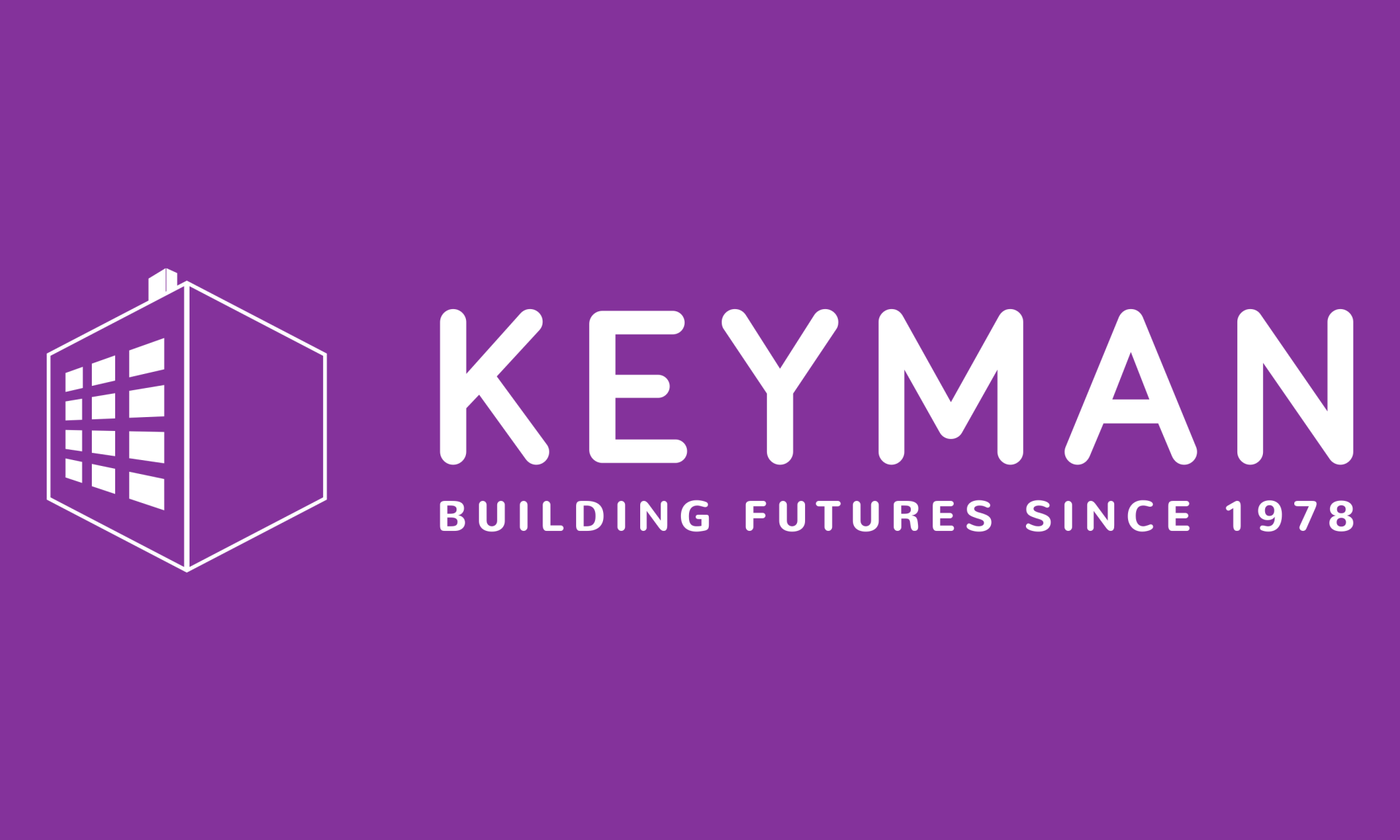
Keyman: Paving the Way for Efficient Trades and Labour Recruitment in the Construction Industry
The construction industry, a cornerstone of the UK's economy, is constantly evolving and expanding. With this growth comes an increasing demand for skilled trades and labour, a demand that traditional recruitment methods often struggle to meet. Enter Keyman, a recruitment business that is revolutionising the way construction companies approach the hiring process.
Understanding the Current Landscape
The construction sector is a significant contributor to the UK economy, with its output reaching £117 billion in 2023, accounting for 6% of the total economic output. Despite this, the industry faces a significant challenge: a skills shortage. The Construction Skills Network report of 2023 highlighted a need for an additional 217,000 workers by 2025 to meet the sector's demands.
Keyman's Role in Revolutionising Recruitment
Keyman has expanded its expertise to supply trades and labour specifically tailored to the construction industry's needs. Their approach is not just about filling positions but about understanding the unique demands of each project and providing the right personnel to meet those needs.
Why Construction Companies are Turning to Keyman
Deep Industry Knowledge: With years of experience, Keyman has developed a profound understanding of the construction sector’s specific needs.
Quality and Compliance: Keyman ensures that all workers are not only highly skilled but also comply with the latest health and safety regulations. Their compliance rate stands at an impressive 98%.
Efficient Recruitment Process: They have streamlined their recruitment process, significantly reducing the time-to-hire.
Large Talent Pool: Keyman maintains a vast database of skilled tradespeople and labourers, enabling them to quickly match the right worker to the right job.
Tailored Solutions: Understanding that each project is unique, Keyman offers bespoke recruitment solutions to meet the specific requirements of each client.
Conclusion
As the construction industry continues to grow and evolve, the need for skilled trades and labour becomes increasingly critical. Keyman’s innovative approach to recruitment is not just filling a gap; it's enhancing the efficiency and quality of workforce in the construction sector. With their expertise and tailored services, Keyman is not just a recruitment business; they are a strategic partner for construction companies looking to build a robust and skilled workforce for the future.
Keyman Blog



